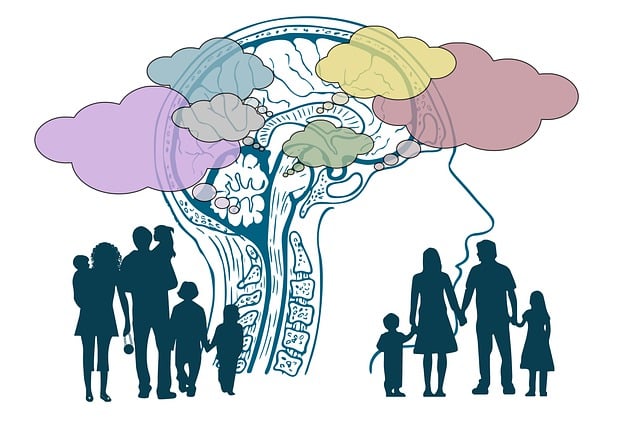Event planning for local businesses thrives on understanding community demographics and interests, ensuring events resonate with specific audiences. Strategic planners leverage insights from surveys, social media, and past events to tailor activities that boost foot traffic, foster community ties, and enhance overall event success. By utilizing local knowledge about regional trends, popular venues, and cultural events, organizers craft targeted marketing strategies that attract diverse attendees, benefiting both local businesses and the broader community.
Local events are powerful tools for businesses to connect with their communities, build brand loyalty, and drive growth. This article explores expert strategies for planning successful local events that resonate with specific demographics. We’ll delve into understanding your audience, crafting engaging event concepts, and measuring impact through data-driven insights. Discover how these tactics can help local businesses foster meaningful connections, enhance community partnerships, and ultimately boost their bottom line through effective event planning.
- Understanding Your Local Community: Targeting the Right Audience
- – Identifying key demographics and interests of your local community
- – Utilizing local knowledge to create targeted marketing strategies for events
Understanding Your Local Community: Targeting the Right Audience

Understanding your local community is a cornerstone in event planning for local businesses. By delving into the demographics, interests, and needs of your neighborhood, you can effectively target the right audience. This personalized approach ensures that events resonate with attendees, fostering a sense of belonging and engagement. For instance, organizing a farmers’ market may appeal more to families living in nearby suburbs than a high-end wine tasting event aimed at professionals in the downtown area.
Targeting the appropriate community members requires careful consideration of local trends, cultural preferences, and seasonal events. Event planners can leverage this knowledge to create experiences that not only attract but also leave a lasting positive impact. For local businesses, such strategic planning can lead to increased foot traffic, stronger community ties, and ultimately, greater success in their event initiatives.
– Identifying key demographics and interests of your local community

When planning events for your local community, understanding its demographics and interests is crucial for success in event planning for local businesses. Start by researching age groups, cultural backgrounds, hobbies, and preferences. For example, a town with a large young professional population might be more receptive to music festivals and craft beer tastings, while an area with families could favor community picnics or sports tournaments.
By tailoring events to these key demographics, you can ensure higher attendance and engagement. Utilize surveys, social media analytics, and feedback from previous events to gather insights. Incorporating the interests of your local community not only attracts attendees but also fosters a sense of belonging and support for local businesses.
– Utilizing local knowledge to create targeted marketing strategies for events

Leveraging local knowledge is a powerful strategy for event planners aiming to create successful, well-attended gatherings that resonate with specific communities. By understanding the unique dynamics and preferences of their region, organizers can develop targeted marketing strategies that effectively reach potential attendees. This involves knowing the local demographics, popular hangout spots, and cultural events already celebrated in the area.
For example, an event planner in a bustling city might partner with popular local cafes or community centers to promote an art exhibition, leveraging these established spaces’ existing foot traffic and loyal customer bases. Alternatively, organizers in a smaller town could tap into local festivals or traditions to create a cultural event that celebrates the region’s heritage, drawing both residents and visitors interested in authentic experiences. This tailored approach ensures events align with local interests, fostering greater engagement and overall success for participating businesses.
By delving into the unique dynamics of their local communities, businesses can expertly coordinate events that resonate with specific audiences. Understanding demographics and leveraging local knowledge allows for targeted marketing strategies, ensuring successful event planning for local businesses. This approach fosters stronger community connections and drives engagement, making it a key component of any thriving local business strategy.
